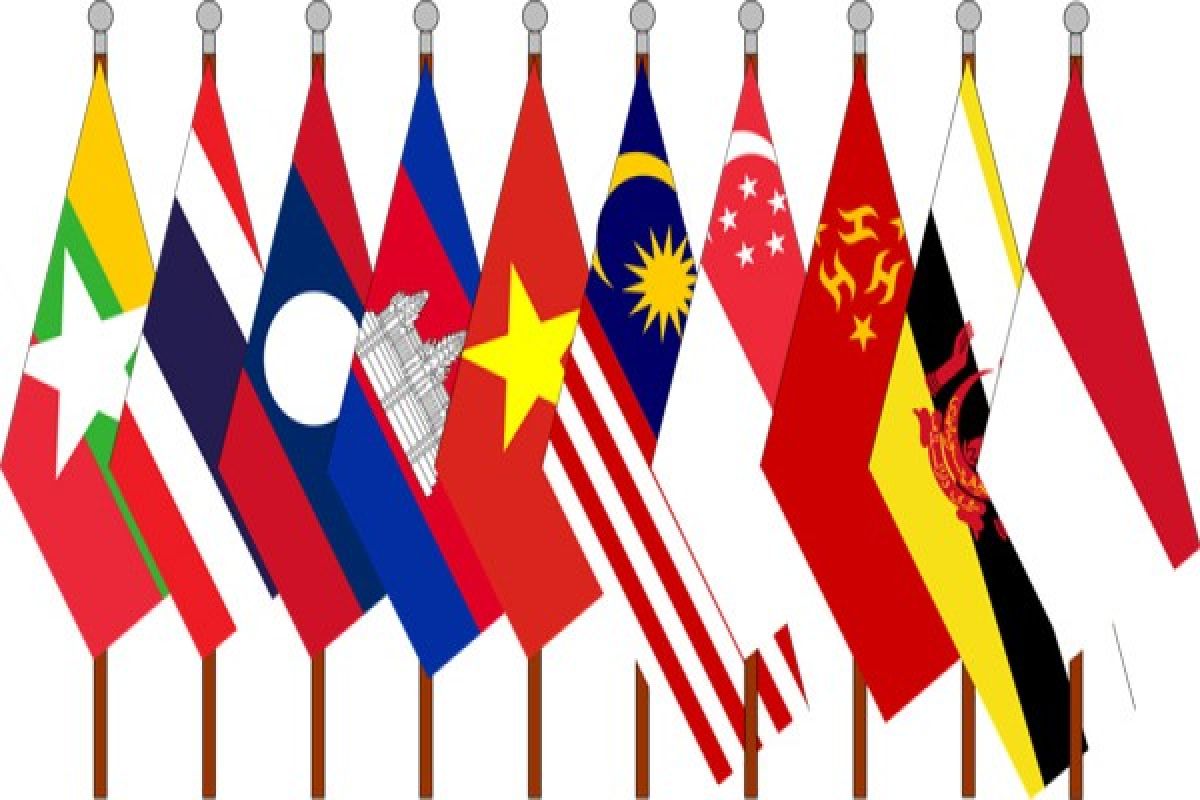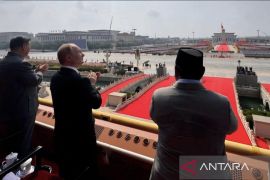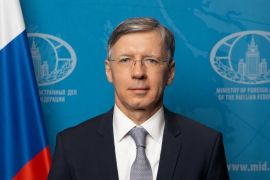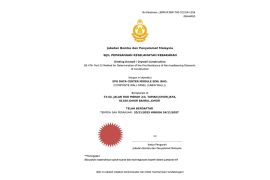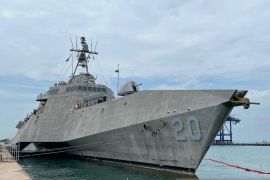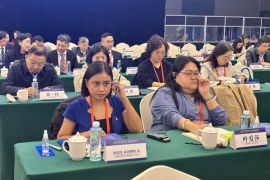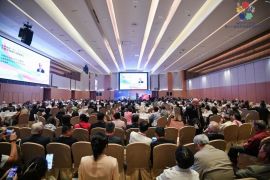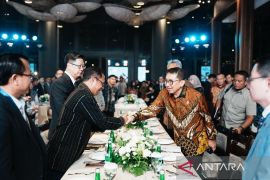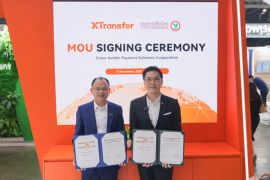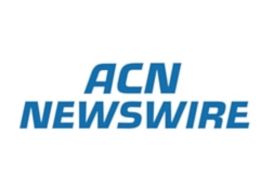It was the note of the Indonesian delegation from the results of the 10th Informal ASEAN Ministerial Meeting on Science and Technology (IAMMST-10), the 75th ASEAN COST and Other Related Meetings on October 15-19, 2018, in Cebu, the Philippines, based on a statement from the Foreign Affairs Ministry received here on Wednesday.
Japan, the European Union, and the United States were the three ASEAN Dialogue Partners that attended the meeting chaired by the Philippines. The Indonesian delegation was led by the Ministry of Research, Technology, and Higher Education, which was one of the delegation members from the Directorate General of ASEAN Cooperation.
Indonesia also continues to play an active role in scientific and technological projects in the ASEAN and between the bloc and partner countries. To this end, Indonesia will be the host of the 6th Japan-ASEAN Science, Technology and Innovation Platform (JASTIP) Symposium Meeting in Tangerang on November 1, 2018. JASTIP is a collaboration platform in supporting the achievement of the SDGs targets through science, technology, and innovation.
Moreover, Indonesia will host the 16th ASEAN Food Conference meeting in Bali on October 15-19, 2019, based on the theme of "The Big Picture: Outlook and Opportunities of Food Technology and Culinary for Tourism Industries."
This meeting will discuss perspectives, studies, and trends in the field of food technology. In addition, Indonesia will submit 19 proposals for cooperation in January 2019 in the program of Joint Funding Scheme (JFS) ASEAN-UE.
Japan welcomed the partnership cooperation with ASEAN in the field of science and technology and is optimistic of enhanced cooperation in the field of research through innovations and interdisciplinary researches. Japan also highlighted four activities that had become the focus of cooperation with the ASEAN: multi-stakeholder consultation, business models, young government exchange programs, and information sharing.
Meanwhile, UE also delivered three primary programs with the ASEAN: Horizon 2020, JFS, and E-READI Policy Exchange Platform (PeP). In Horizon 2020 program, UE planned to fund activities up to billions of euros for research and innovations in order to achieve the SDGs targets and climate change.
In the meantime, the United States elaborated on its two main programs with ASEAN: PROGRESS and IGNITE.
In addition, the United States introduced two finalists of the ASEAN-US Science Prize for Women from Malaysia and the Philippines for their researches in the field of precise agriculture, which was viewed as being beneficial for the people in the South Eastern region. The ASEAN COST meeting also agreed to focus on the cooperation proposed by the ASEAN Foundation: digital economy, innovative start-ups, and STI for SDGs.
The ASEAN Committee on Science and Technology (ASEAN-COST), established in 1978, is an ASEAN tool in developing and implementing strategic plans in the field of science and technology that refers to the ASEAN Plan of Action on Science, Technology, and Innovation (APASTI).
The ASEAN-COST meeting is held every half year, while the ASEAN Ministerial Meeting on Science and Technology (AMMST) and the ASEAN Informal Ministerial Meeting on Science and Technology (IAMMST) are held every alternate year.
Reporting by Azis Kurmala
Editing by Fardah Assegaf
Reporter: antara
Editor: Heru Purwanto
Copyright © ANTARA 2018
